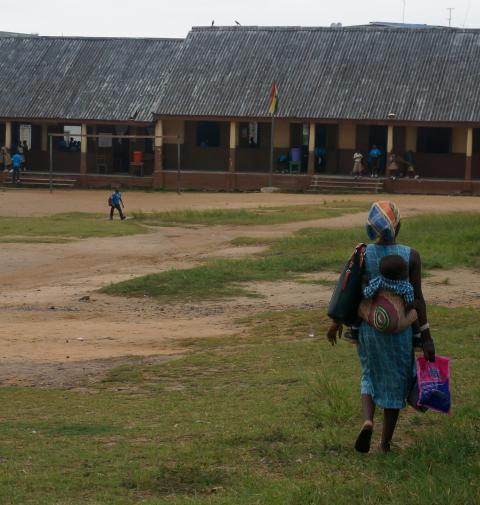
All articles
-

Effective health aid: Evidence from Gavi’s vaccine programme
Coordinated health aid for vaccination has increased coverage rates and saved the lives of children around the world.
-

Know your citizens, increase your revenues: Improving tax payment in Liberia
Legibility—systematised information about citizens—and legal enforcement can produce sustained, cost-effective increases in tax collection.
-

How the price of agricultural inputs constrains farmers in Bangladesh
There are fears that agricultural subsidies could attract farmers with low returns to use new technologies. Evidence from Bangladesh shows that without subsidies, the price of agricultural inputs is actually a barrier to adoption, highlighting that h...
-

Why women in Africa’s services industry must outperform men to overcome customer bias
Workplace discrimination by customers directly, and negatively, impacts women’s outcomes in the service industry in sub-Saharan Africa.
-

Expanding mobile internet fueled a financial transition in Rwanda
Mobile connectivity improves access to land, enabling individuals to use land titles as collateral for bank credit and invest in construction.
-

How Peru transformed natural resource wealth into local economic development
Peru’s experience, where transfers to local governments were funded by natural resource tax revenues and had a host of economic benefits in non-extractive areas, highlights the importance of fiscal redistribution in taking advantage of natural resour...
-

Electronic waste is a silent killer in West Africa
Evidence from Ghana and Nigeria shows that e-waste dumping is causing a health crisis, claiming the lives of newborns and infants living nearby.
-

Better financial contracts can unlock business growth in Kenya
Flexible financing for ‘last-mile’ distributors boosted profits across a food supply chain in Kenya.
-

Reducing child labour: Lessons from Bolivia’s legalisation experiment
A unique Bolivian law that legalised and regulated the work of young children led to unexpected declines in child employment without improving working conditions.



